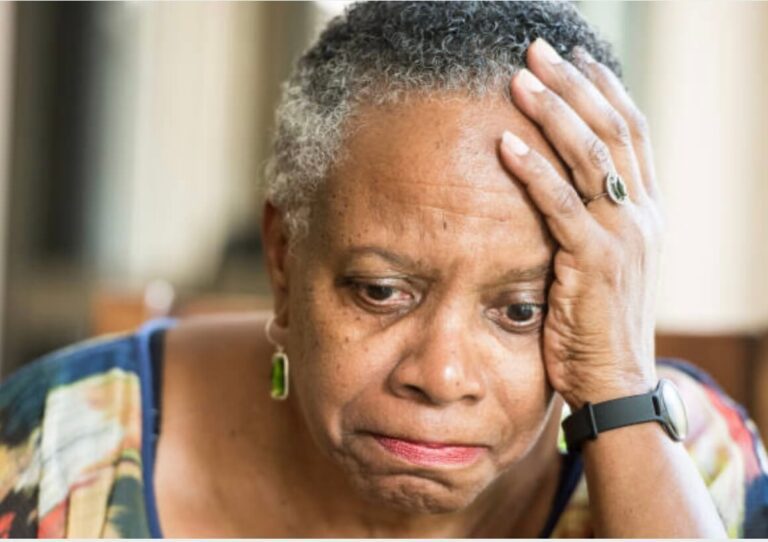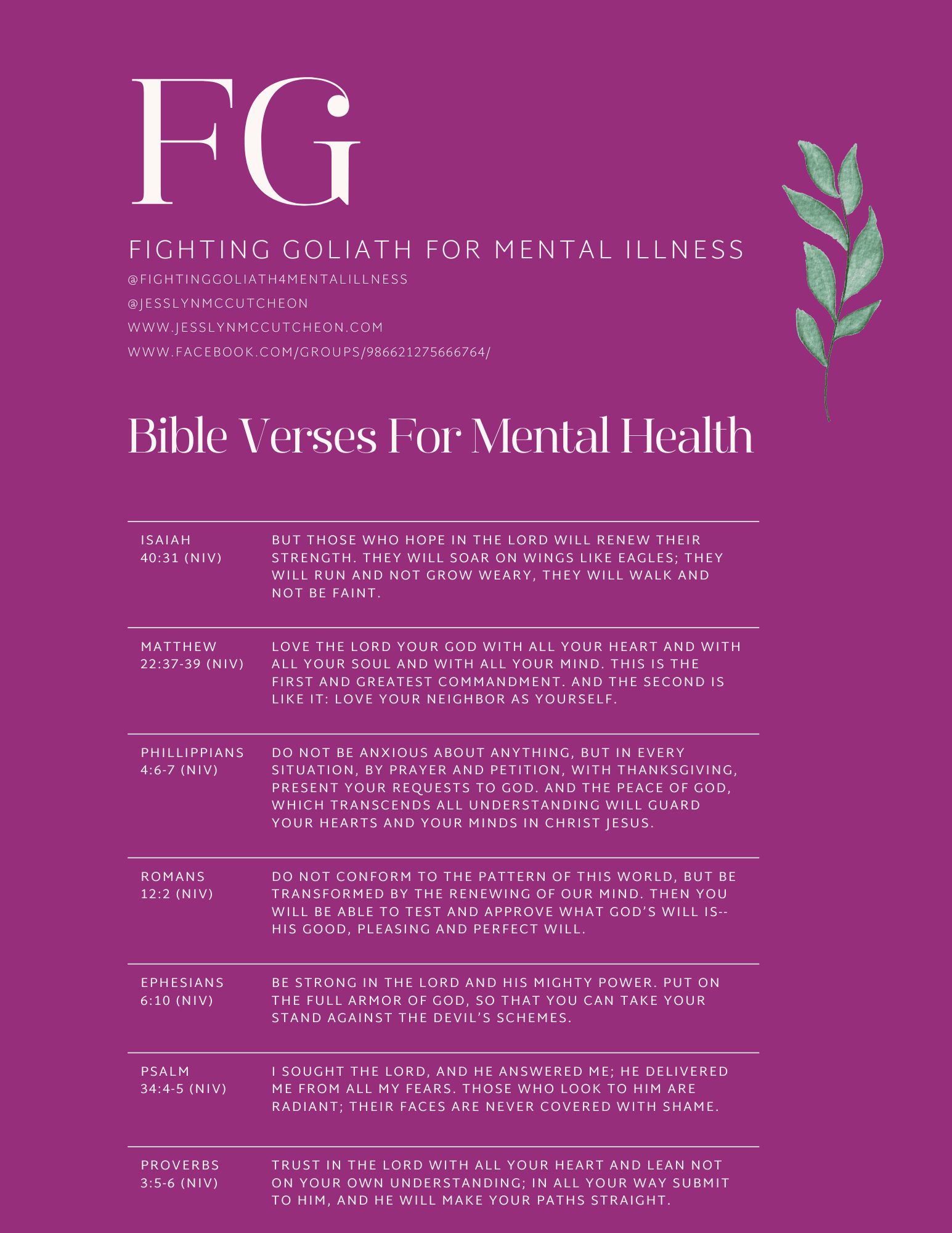Should I Disclose My Bipolar Diagnosis
Disclosing your bipolar diagnosis is a profoundly personal decision that only you can make. If you choose to share it, ensure you are emotionally prepared to discuss your diagnosis. Consider potential challenges, such as adverse reactions or the possibility of your diagnosis being used against you. If these concerns weigh heavily on you, waiting until you feel ready may be best. This decision is unique to each person—what matters most is what works best for you and your life.
Fully disclosing that I lived with bipolar disorder was a journey 20 years in the making. After initially being diagnosed, neither my family nor I knew how to talk about what we were experiencing—we were still trying to understand it ourselves. Instead, we kept it quiet, attempting to navigate it privately as a family.
Because of the stigma surrounding mental illness, I feared who I could trust, making the decision even more difficult. Only you can determine what you’re comfortable sharing and how it might impact your relationship or work environment.
Before disclosing my diagnosis, I had to take personal steps to ensure I was ready:
- Accept the bipolar diagnosis:
Accepting that I lived with bipolar disorder was a journey that took me a decade. I resisted acknowledging my mental illness, often starting medication to stop once I felt better—repeating the cycle over and over. At times, the overwhelming side effects made me reluctant to continue to even take medication at all. Not everyone with bipolar disorder requires medication, but for those of us who do, that’s okay. Medication is a tool that helps us become the best version of ourselves. - Education:
I couldn’t take my condition seriously until I fully accepted it. Once I did, I wanted to learn everything I could. The first step in my journey was discovering NAMI’s (National Alliance on Mental Illness) In Our Own Voice (IOOV) program, which helps individuals with mental health conditions share their stories to reduce stigma and increase understanding. After completing the training, I found something I had been missing for years—community. Educate yourself about your disorder and keep learning. You must be your advocate and see what works best for you. - Community:
Find a community where you feel a true sense of belonging—people who understand and love you just as you are. These are the ones who accept you unconditionally, whether you live with bipolar disorder or not. Organizations like DBSA (Depression and Bipolar Support Alliance), NAMI (National Alliance on Mental Illness), and FGMI (Fighting Goliath for Mental Illness) provide opportunities to connect with others who share similar experiences, offering support and encouragement along the way. - Spirituality and faith:
Faith can bring healing, stability, and relief. Matthew 19:26 reminds us, ‘Jesus looked at them and said, “With man this is impossible, but with God all things are possible.”’ God’s power is limitless, and when you trust in the power of the cross, you will never fail. As Psalm 46:5 declares, “God is within her; she will not fall.”
What disclosing my bipolar diagnosis did for me:
- Personal purpose:
When I finally removed the mask and allowed myself to be me, it felt like a weight had been lifted off my chest. I was tired of living in the shadow of my illness—tired of it taking the upper hand. Through my faith, I found a supernatural boldness that could only come from the Spirit within me. Along with medical care, my spiritual practices bring the comfort only Jesus can provide. - Support:
Many people didn’t fully understand the complexity of living with bipolar disorder. It’s easy to believe the myths that surround it, but the reality is different. Sharing my experience helped others better understand my behavior, especially during times of depression, mania, or when I struggled with concentration. Your community can be there to celebrate both the highs and the lows with you.” - Passion:
Finding the courage to disclose my diagnosis gave me the strength to help reduce the stigma surrounding mental health. My voice was silent for years, and that silence only hurt me. Little by little, when I began sharing my story, others started to open up, too, and I could see the curtain of stigma lifting. I wanted to share my experience with anyone who would listen. Your lived experience has the power to help others—after everything I’ve been through, It’s an honor to support those who reach out. - Accommodations:
If you’re in a work or school environment, disclosing your diagnosis may allow you to request flexible hours or reduced workload during a depressive episode. Accommodations for mental health can help create environments where individuals with mental illness can thrive without being hindered by their condition.
Whether you choose to disclose your bipolar diagnosis or not, I want to encourage you to know that you are not alone in the fight—even when it feels like you are at times. Through His love and power, we are never truly alone. “Be strong and courageous. Do not be afraid or terrified because of them, for the Lord your God goes with you; he will never leave you or forsake you”
(Deuteronomy 31:6, NIV).




